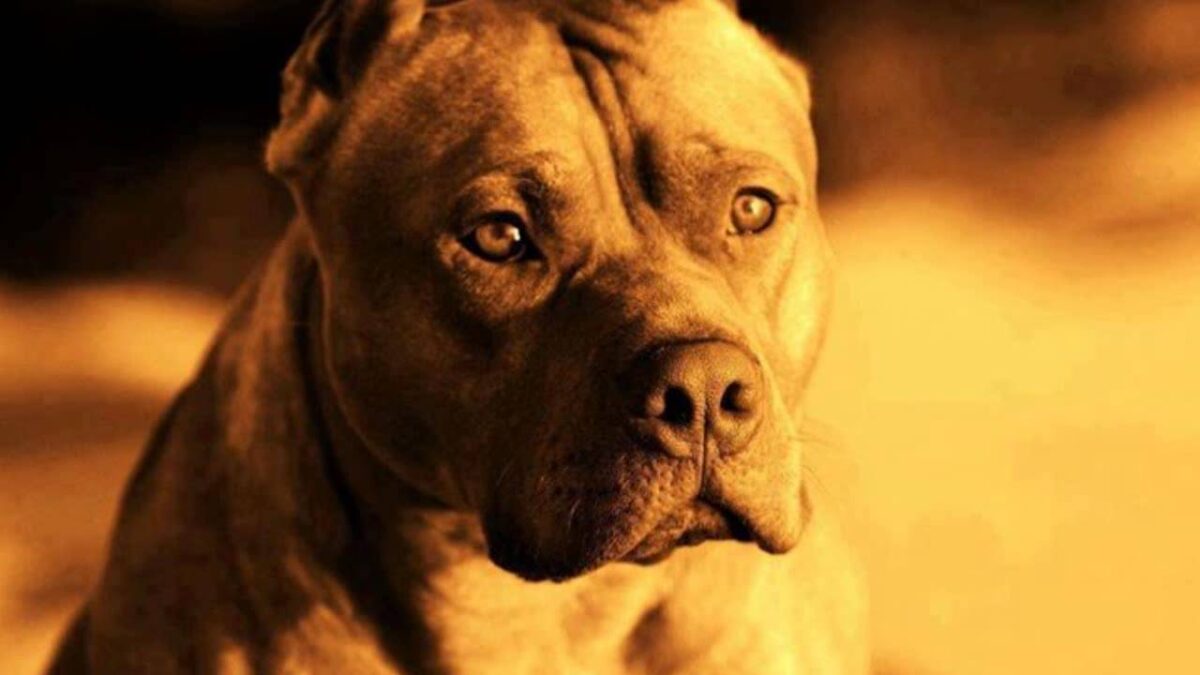Raising a pet is an incredible experience, whether you live solo or with a big family. Pet parenting is common in the US, with almost half the American homes raising a pet as a part of the family. The numbers increased amid the pandemic when people craved social connections and wanted companionship to deal with isolation.
Dogs are the favorites, being a part of 44.5% of U.S. households.
Statistics show that some breeds are more popular than others. While the French bulldog is the most popular breed, dog parents have countless options. Some breeds, like pit bulls, are misunderstood because of their aggressive behavioral traits, but the truth is that they make great companions.
According to statistics, there are 18 million pitbull-type dogs in the country, regardless of the breed’s negative reputation.
These dogs are strong and score high on temperament tests. They are generally healthy and have a long lifespan of over a decade. But, like any other breed, pit bulls are prone to health issues over the years.
Knowing the risks and watching out for telltale signs of health problems can help you resolve the problems early and prevent them from aggravating. Here are a few signs indicating pitbull health issues.
Sign #1: Changes in Eye Color or Cloudy Pupils
If you notice unusual changes in eye color or cloudy pupils, your pitbull may have cataracts. Besides the visual cues, your pet may exhibit clumsiness, reluctance to climb or jump, or irritation in the eyes. Overlooking these signs can cause vision problems or blindness down the line. The risk runs high in a merle bully because the Merle gene can affect the pigment production in the eyes.
New Pitbull notes that the Merle gene can produce attractive coat patterns in canines, but it makes them genetically prone to several health issues, such as deafness, blindness, and other eye problems. Double Merle pit bulls are even more susceptible because they inherit two copies of the gene from both parents.
Reading Suggestion: Black Panther Pitbull
Sign #2: Itchy Patches on the Skin
Watch out for dry, flaky, and itchy patches on your pitbull’s skin because the breed is prone to ichthyosis. The condition causes severe flaking, with large flakes that look like fish scales. The problem may surface very early with puppies born with abnormal skin.
A pit bull with allergies often licks, drools, scratches, and sheds abnormally. Allergies may also manifest in the form of hot spots and hair loss. Leaving the allergy untreated can cause skin infections and open wounds due to scratching. Seeing a vet sooner than later should be a priority.
Sign #3: Gait Problems
Gait problems are another warning sign you should pay attention to as a pitbull parent. The risk of knee problems runs high in this active breed because the high activity level and powerful build can cause hind leg injuries and ligament tears over time. You may notice some of these symptoms in the form of gait changes:
- Intermittent limping
- Sitting in an abnormal position
- Trouble rising from a sitting or lying position
- Inability to bear weight on a hind leg
- A sudden drop in activity levels
Difficulty in running and climbing stairs can be an indication of a more serious problem like hip dysplasia. If ignored, the problem may lead to arthritis.
Sign #4: Shaking of the Head
Pitbulls often develop infections in one or both ears. The good thing is that you can spot them easily with signs like vigorous shaking of the head. If you notice your pet doing it, check its ears for wax buildup and discharge in the first place. Swelling of ear canals, change in color, odor, and itchiness are also reasons to worry.
Estimates show that 20% of dogs develop ear issues at some point, so you should not dismiss these signs.
Bacteria and yeast can be potential culprits. Timely examination, diagnosis, and treatment can prevent more severe issues.
Reading Suggestion: Micro Bully Price
Sign #5: Unexplained Weight Fluctuations
A healthy pitbull is neither overweight nor underweight, and fluctuations on either side are a sign of a health problem. As a pet parent, you must avoid over-feeding your canine, no matter how much you love it. Beware if your pitbull gains or loses weight despite an optimal diet because it may be suffering from thyroid issues.
Hypothyroidism is a common issue causing unexplained weight gain, lethargy, hair loss, and dullness. Early treatment can resolve the issue. Conversely, hyperthyroidism is rare and more serious because it is mostly linked with thyroid cancer. The condition often leads to weight loss, so pay attention and see a vet about it.
Conclusion
Pitbull is a strong and healthy dog breed, but even the healthiest dog can encounter medical issues. Pet parents must schedule regular vet appointments for preventive checks. At the same time, watch out for these signs and seek help sooner than later. A proactive approach can keep your pitbull healthy and extend its lifespan.









